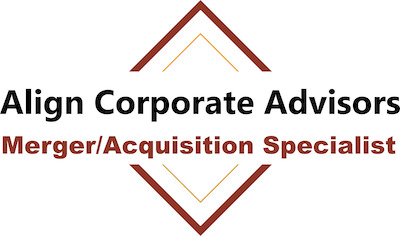The value of a business is based on three things: what it owns, what it earns and its risk versus return.
What it owns
The tangible assets are the furniture, fixtures, equipment, inventory and real estate. The intangible assets can include the trade name, (Goodwill) contracts, leases, processes, client lists, licenses, recipes and patents, proprietary software, etc.
What it earns
A business provides a certain financial benefit to the owner. The benefit generally comes in the form of business profits and a salary for the owner. It can also provide the owner with fringe benefits such as health insurance, a company car or a retirement plan.
Risk versus Return
Every investment has a perceived level of risk and an expected rate of return. In determining the goodwill component of the business sale, the likelihood of future income and the replicability of current income are quantified.


